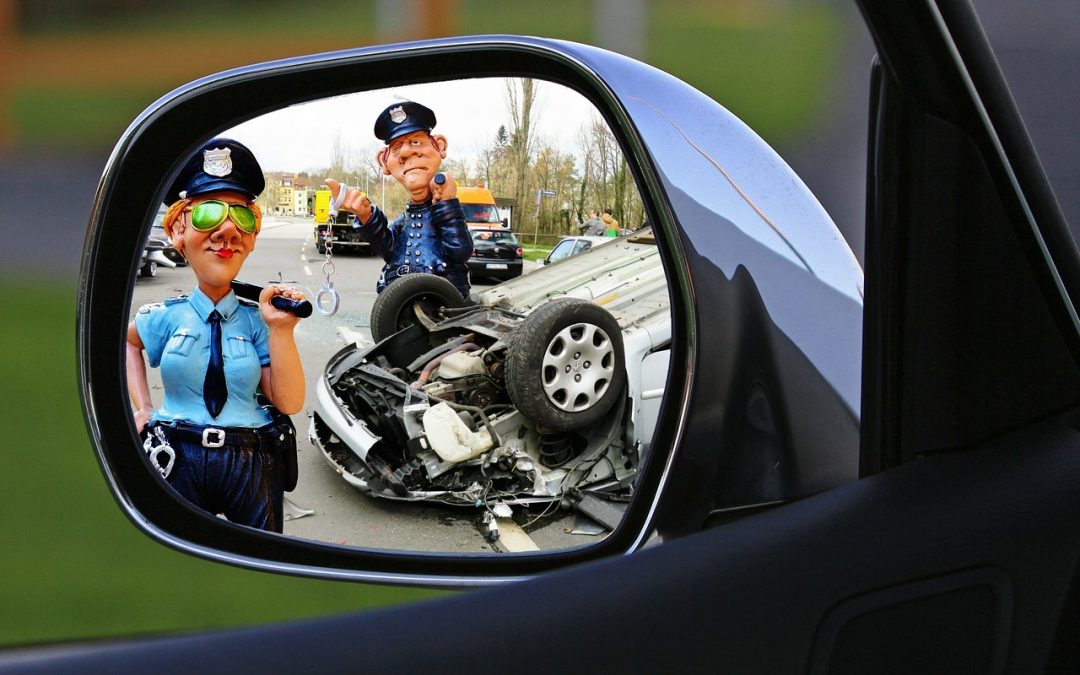When interacting with law enforcement, it’s essential to prioritize safety while also being aware of your rights. In today’s digital age, evidence in the form of photos, videos, and documents can be crucial in resolving disputes or seeking justice. However, it’s crucial to do so in a way that respects the authority of law enforcement and avoids escalation.
Understanding Your Rights
In the United States, the Fourth Amendment protects individuals from unreasonable searches and seizures. This means that police officers must have probable cause or a warrant to search your person, vehicle, or property. However, there are exceptions, such as consent searches, where you voluntarily agree to a search.
In the context of documenting evidence, it’s essential to understand that you have the right to interfere with a lawful police operation. However, you do have the right to observe and document what’s happening, as long as you’re not obstructing the officer’s duties.
Practical Tips for Documenting Evidence
Here are some do’s and don’ts to keep in mind:
- Do ask for the officer’s name, badge number, and police department.
- Do try to capture video or audio of the interaction, as long as it’s safe to do so.
- Do take notes of the event, including date, time, location, and details of what happened.
- Don’t attempt to hide evidence or destroy records.
- Don’t resist or obstruct the officer’s actions, even if you disagree with them.
- Don’t assume that the officer will automatically provide you with a copy of the evidence; you may need to request it through a formal process.
Staying Safe and Asserting Your Rights
Remember, safety should always be your top priority. If you feel unsafe or threatened, try to de-escalate the situation by remaining calm and following the officer’s instructions.
“The liberties of our country, the freedom of our civil constitution, are worth defending against all hazards: And it is our duty to defend them against all attacks.” – Samuel Adams
In conclusion, documenting evidence in the form of photos, videos, and documents can be a crucial aspect of seeking justice and accountability. By understanding your rights, being aware of your surroundings, and following practical tips, you can empower yourself to navigate complex interactions with law enforcement. Stay informed about local laws, and remember to prioritize safety above all else.
The information at Observed.Org may not pertain to every jurisdiction. It is YOUR responsibility to know your rights and observe them. Nothing here should be considered legal advice.

